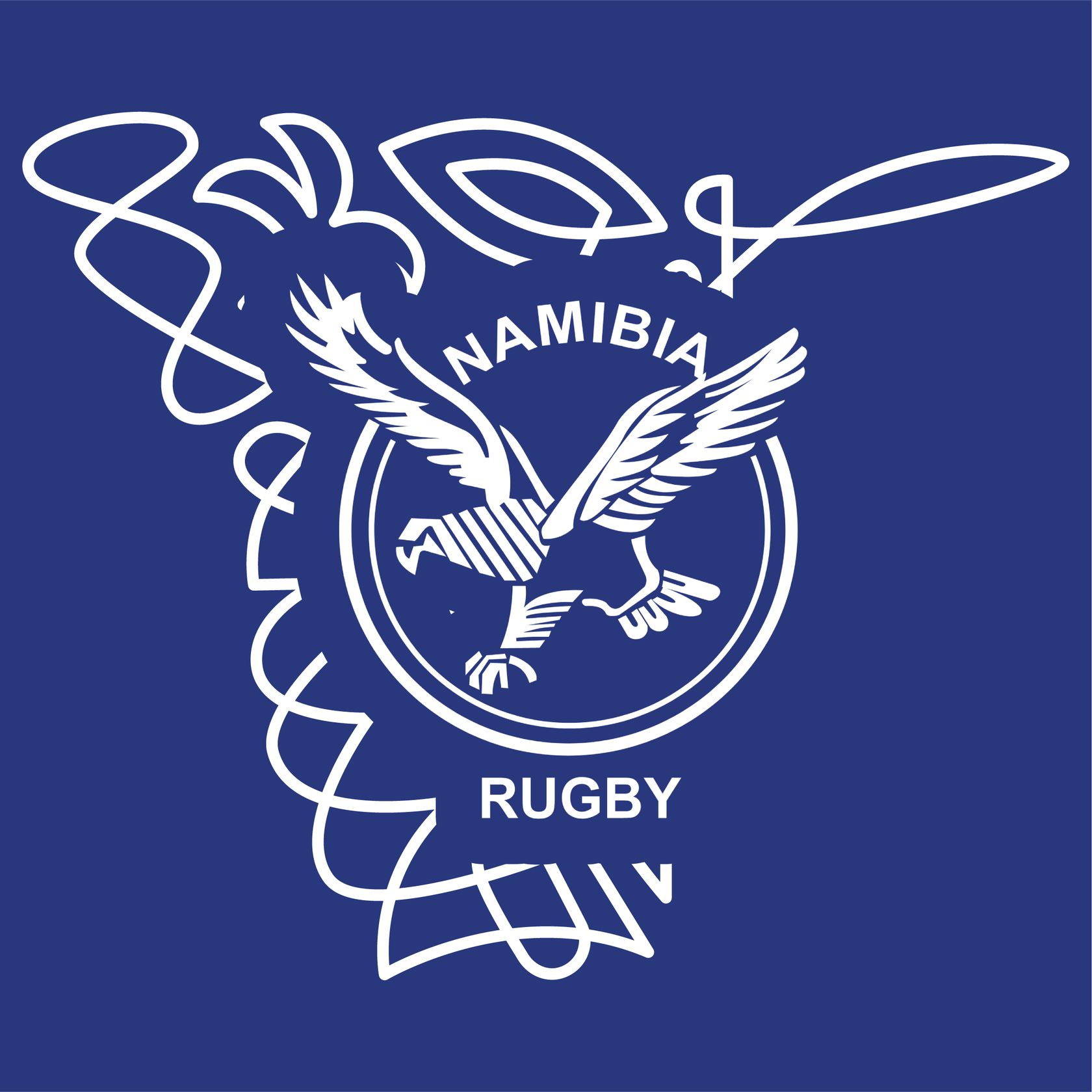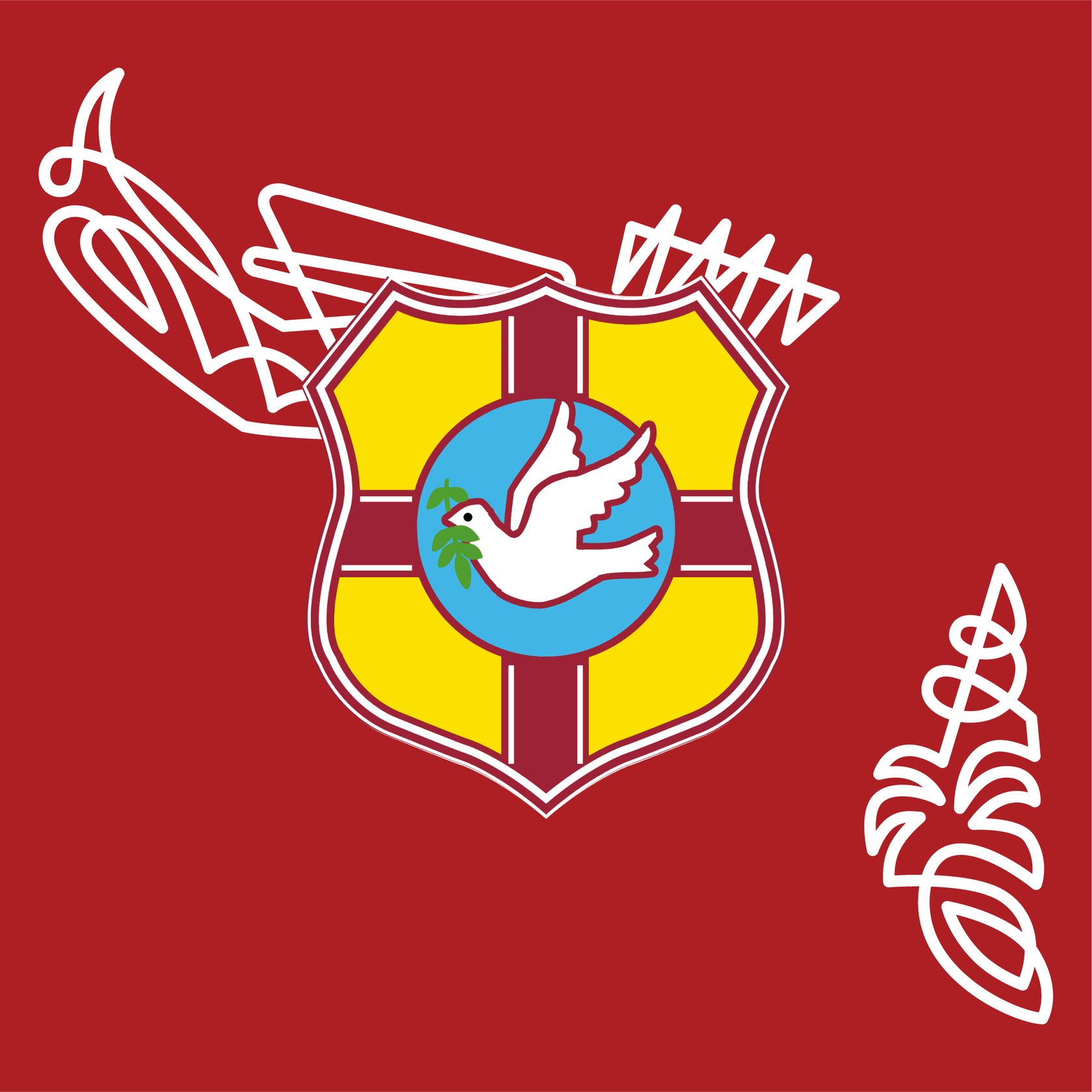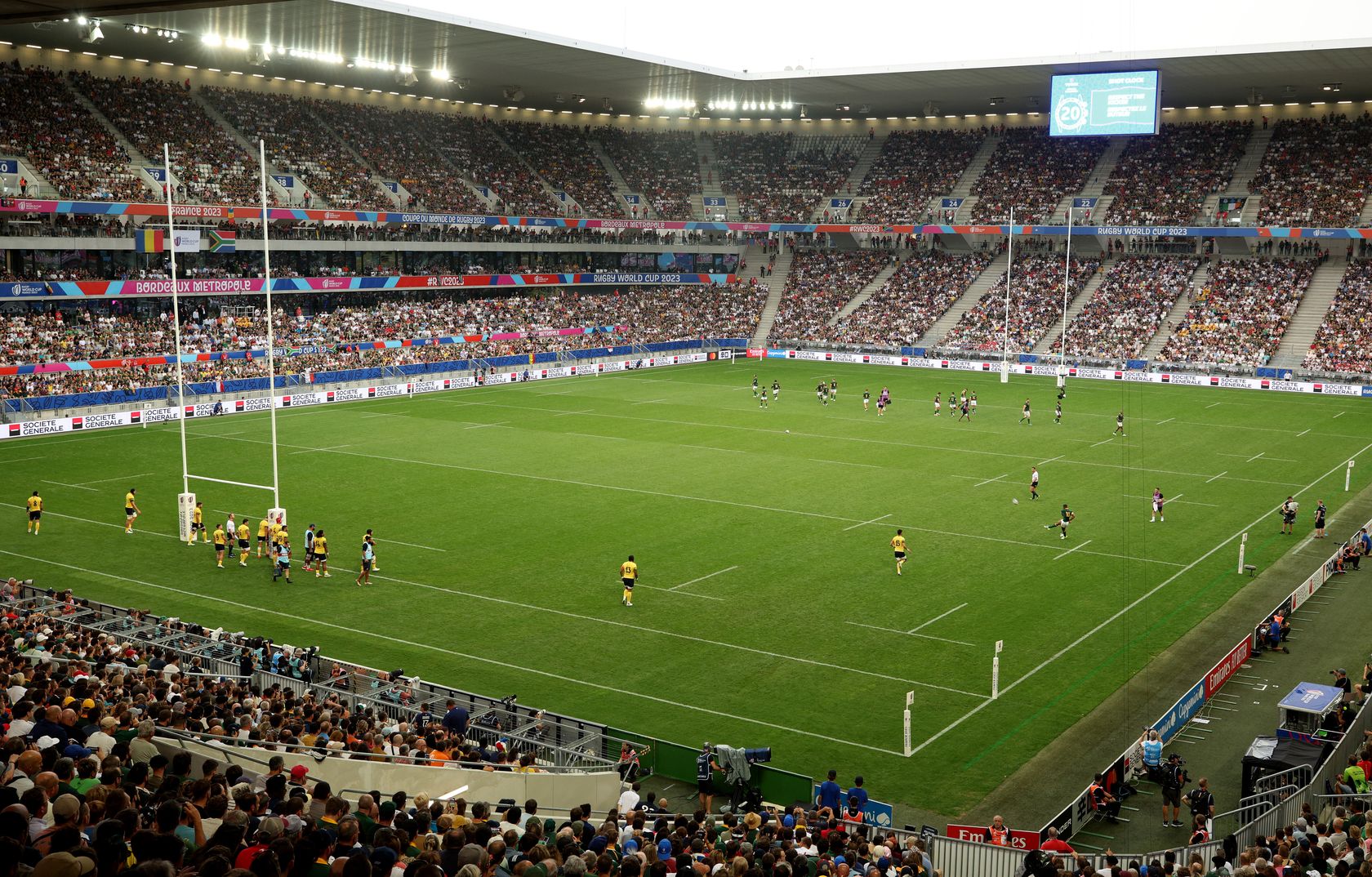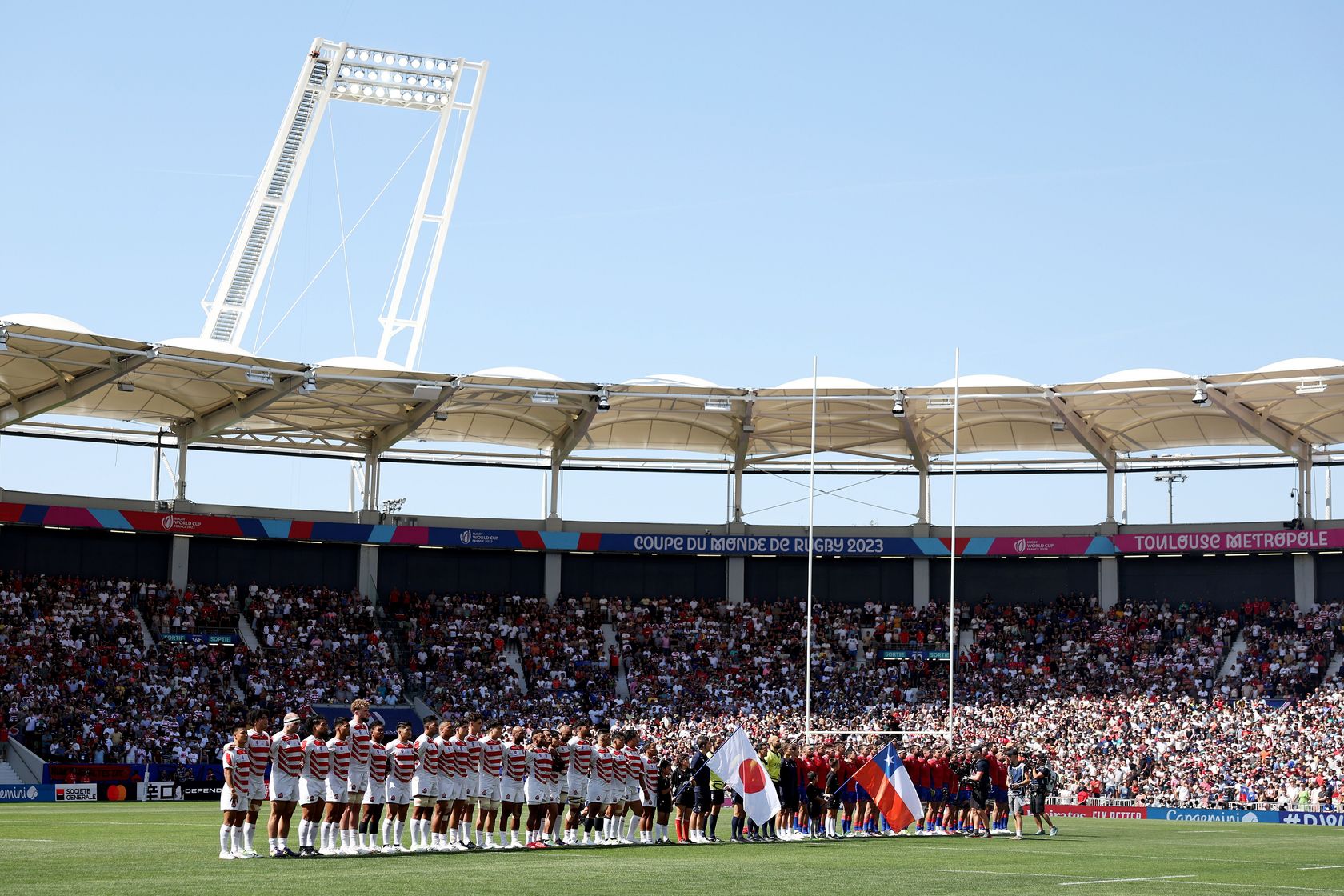Most Tries
Closing moments of the Rugby World Cup 2023 final with Bryan Habana's LIVE reaction!
Watch Video
- Quarter-Finals
- Semi-Finals
- Final
Quarter-Finals
Semi-Finals
Tournament Stats
Powered by
Most Conversions
Runs
Tournament Progress
48
/ 48
Matches Played
Final
Pool
Quarter-Finals
Semi-Finals
Final
Most Offloads
Most Clean Breaks
Most Tackles
Videos
RWC23 Match Highlights
![]()
RWC23 Match Highlights
The best moments, highlights, standout action on the pitch, features and interviews from the 2023 Rugby World Cup in France .
Watch this playlist

Emirates Whistle Watch: RWC 2023 Special Episodes
![]()
Emirates Whistle Watch: RWC 2023 Special Episodes
Watch this playlist

RWC 2023 Match Predictor Presented by Société Générale
![]()
RWC 2023 Match Predictor Presented by Société Générale
Watch this playlist

The Official RWC 2023 Podcast Presented by Asahi Super Dry
![]()
The Official RWC 2023 Podcast Presented by Asahi Super Dry
The Official RWC 2023 Podcast Presented by Asahi Super Dry will feature an incredible array of talent from across the rugby world and beyond, joining host Gethin Jones to discuss the greatest tournament in rugby as 20 teams battle it out for glory.
Watch this playlist

Breaking 8
![]()
Breaking 8
In the history of the Rugby World Cup, no man has ever scored eight tries in a single tournament. Ahead of the 2023 edition, we sit down with six try-scoring legends.
Watch this playlist


Whistleblowers launches on RugbyPass TV
Whistleblowers, the ground-breaking account of life as an international rugby match official at Rugby World Cup 2023, has launched on RugbyPass TV, and fans can watch it for free.
Thu
1
February,
2024
·
2 min read
Media release
Confirmation of ground-breaking charges for online abuse at RWC 2023 as World Rugby releases trailer for Whistleblowers documentary
Pending law enforcement cases are among the key actions and outcomes from the ground-breaking online protection service put in place to support match officials and players across men’s Rugby World Cup 2023, also delivering unique insights for World Rugby to convert into meaningful action.
Wed
31
January,
2024
·
4 min read
-
Team news
Thu 26 October, 2023Retallick starts final ahead of Whitelock - New Zealand name team to play South Africa
-
Team news
Thu 26 October, 2023Pollard and De Klerk to start final - South Africa name team to play New Zealand
-
Team news
Wed 25 October, 2023Cubelli returns to starting XV - Argentina name team to play England
-
Team news
Wed 25 October, 2023New front row, Youngs and Arundell start - England name team to play Argentina
-
Team news
Thu 19 October, 2023Three changes to starting XV for semi - England name team to play South Africa
-
Team news
Thu 19 October, 2023Same again for Springboks in semi - South Africa name team to play England
-
Team news
Wed 18 October, 2023Wing Tele'a back for semi - New Zealand name team to play Argentina
-
Team news
Wed 18 October, 2023Bertranou in for Cubelli - Argentina name team to play New Zealand
-
Team news
Fri 13 October, 2023Radradra starts on left wing - Fiji name team to play England
-
Team news
Fri 13 October, 2023Smith starts at full-back - England name team to play Fiji in quarter-final






















































